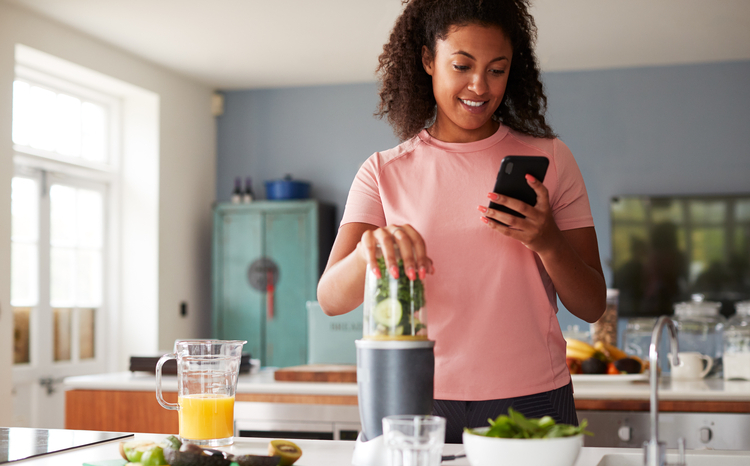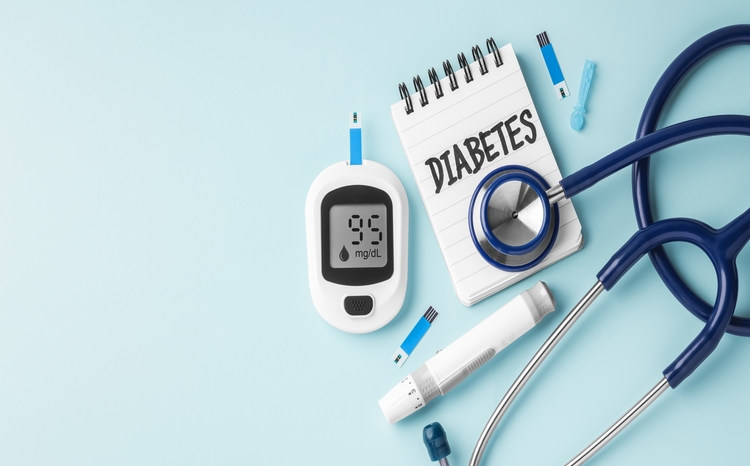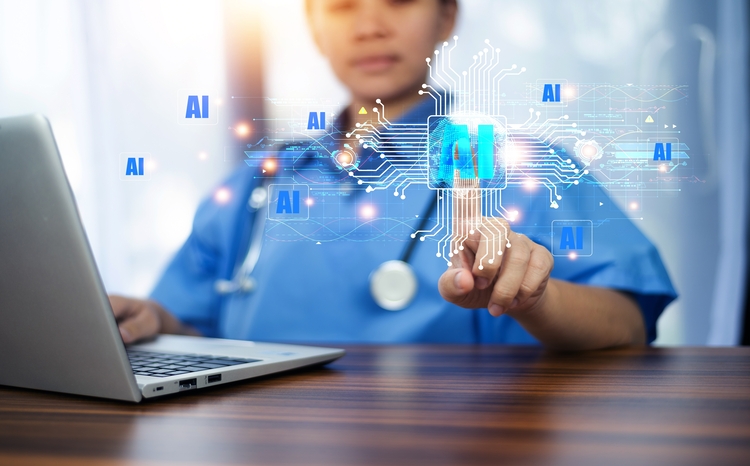Doctors need guidance on mobile technology use
- 20 June 2007
UK clinicians urgently need clear and coherent guidance on the safe use of mobile technologies according to researchers.
Kent GP Dr Hilary Pinnock and colleagues from Edinburgh and Wales Universities say regulatory and professional bodies need to issue practical guidance and medico legal parameters for good clinical practice when using mobile phones and other mobile technologies.
In a report in the June issue of Quality and Safety in Healthcare the researchers describe how they looked for advice on using mobile technologies on the websites of key medical and nursing bodies, defence organisations and regulatory bodies and followed up with telephone and email contact to ensure they had not overlooked any important documents.
They report: “Guidance, where it existed, was extremely limited in scope and either failed to address key concerns or did not take into account the full range of functions of mobile phones.”
Dr Pinnock, who has done research on use of telephones for asthma reviews, said she wanted to see positive advice about how mobile phones could be used in clinical practice.
She told EHI Primary Care: “I do telephone consultations quite a lot and this is something I embrace but we need appropriate guidance on the medico-legal aspects.”
Dr Pinnock said particular problems could arise with telephone consultations with mobile phones where patients were in an inappropriate place such as a noisy or public environment, loss of communication before a consultation is complete and possible misunderstandings because of poor reception. Mobile phones were also more likely to be lost, stolen or borrowed adding to confidentiality concerns,
The researchers say GPs could also find themselves giving consultation without medical indemnity cover if a mobile phone consultation turned out to be with a patient in another country.
Dr Pinnock: “A consultation is deemed to have taken place where the patient is which if it was, for example, America, would not be covered by a doctor’s medical indemnity cover. I myself have had a telephone consultation with a patient without realising they were actually on the other side of the world.”
The researchers say they were also told by the Medicines and Healthcare products Regulatory Agency that the use of a non-medical device such as a mobile phone in a medical context may not be “safe, suitable or reliable.”
Dr Pinnock added: “There are real problems here and we need to know where we stand.”




